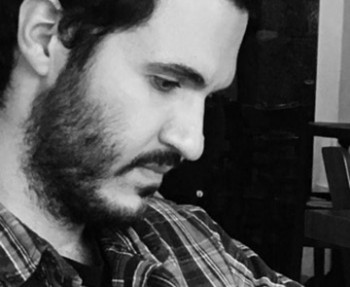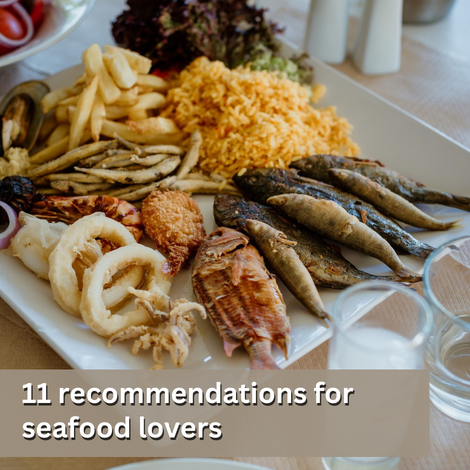Thursday 21/12/2023
Holiday blues
The melancholy of the holidays
When most people hear the word 'Christmas', they conjure up images of presents, lights and twinkling garlands, fantastical revues, ideal relationships, family tables where everyone is happy and having fun. But there are cases when these images are not consistent with our inner emotional world. Feelings of sadness or anxiety that last throughout the holiday season are referred to as holiday blues or depression. The above feelings vary from person to person and there may be a feeling of tiredness, tension, frustration, guilt, change in sleeping and eating habits.
What factors contribute to Holiday blues?
Holiday blues is a form of seasonal depression, which can be due to many different etiological factors, such as loneliness, difficult childhood years or even some childhood trauma. Also, throughout our lives we experience more and more losses such as the death of loved ones and the emotions it causes are much more intense during the holidays, a breakup, the realization of the passing of time and the sense of loss that arises from transitions in our life cycle, trigger feelings of sadness.
An equally important role is played by the social pressure exerted as Christmas has become associated with endless joy something that is "imposed" socially and through the media, the multitude of gifts and countless social obligations, situations that can cause anxiety and sadness. We believe that everyone is having a good time, being happy and having fun.
Another reason is the assessment of the year that is ending and the self-criticism about our achievements, the goals that were set and realized and above all the plans that were not implemented often result in negative thoughts, a sense of disappointment and regret.
Another factor is family conflicts and tensions around Christmas family tables, when they have a compulsive character.
How to deal with it?
• Responsible consumption of alcohol
Alcohol acts as a depressant and drinking too much can worsen the negative feelings you may already have. Limit its consumption and avoid using it as a way to cope or avoid difficult emotions.
• Avoid social isolation
Social isolation can be a significant risk factor for developing depression. The problem is that grief often makes you want to isolate yourself. Look for ways to enjoy social contact, contact a friend, join a club or volunteer at a local organization that may need help.
• Physical exercise helps
Regular physical activity helps prevent and reduce symptoms of depression. You don't necessarily have to hit the gym, even an occasional activity like a short walk each day can be enough to help keep the holiday blues at bay.
• Learn to say "No"
Holidays often mean there are more people looking for your help and making demands on you. Set your boundaries from the start and say 'no' to invitations to holiday events if you think they might cause you pressure and stress. It is your right.
• Take time for yourself
Make sure you give yourself enough time to relax. Even 15-20 minutes a day to enjoy some quiet time, read a book, listen to music, meditate or do some other relaxing activity can help reduce stress.
• Set realistic expectations
It's nice to get excited about the holidays and make plans for the things you want to do but it's just as important to keep your expectations realistic and achievable. Focus on enjoying the experience and the time you spend with your loved ones, not on achieving a perfect result. Holidays don't have to be perfect to be special. They don't have to look exactly like past holidays to be just as meaningful and memorable.
Even people who love the Christmas holiday can experience melancholy during this busy season. Let's not panic and accept the feeling of sadness as normal and human. Let's allow ourselves to experience it until it comes full circle, like the rest of the emotions. Many times, in order to experience joy, we need to experience sadness, so that we can focus on ourselves and their needs, think about what went well and what didn't, find new solutions and set new goals.

 English
English
 Ελληνικά
Ελληνικά Русский
Русский
 Posted by
Spyros Papapetros
Posted by
Spyros Papapetros






